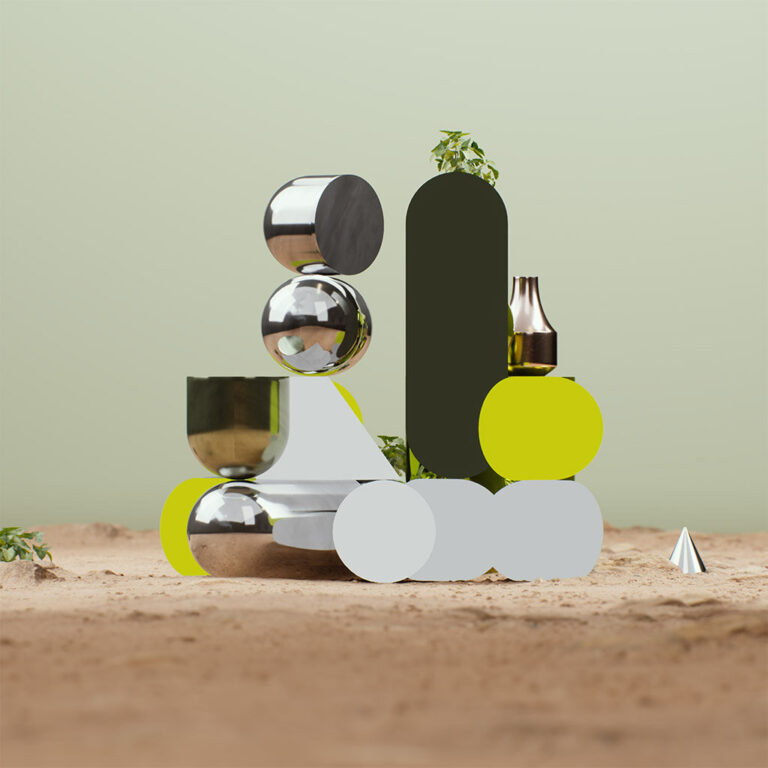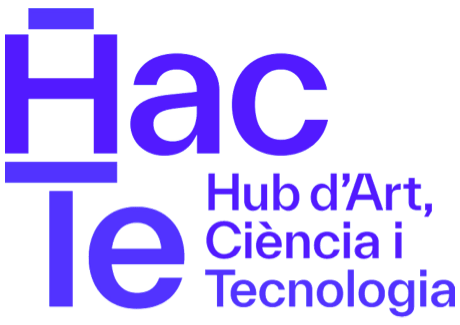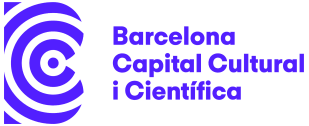'Paper'
← 'Paper'
June 14thShort papers / Humans and Machines: A Study of the Impacts of the Technological Advances in the Light of Generative Art Theory

- Abstract: This paper is dedicated to the analysis of two works produced by two contemporary artists, more specifically “Rachael is not real” by Matthias Winckelmann and “Machine Hallucination”, by Refik Anadol, having as convergence point the generative method of production employed in both. The article describes both works using, as theoretical foundation, the most widely accepted definition of Generative Art and reveals nuances of both works that might not be fully comprehended by the current theory. Finally, the article looks at some of the most recent technological advances and their impact on the art world, such as Artificial Intelligence, which have been used to create art, and proposes a reflection on the importance of revisiting theoretical definitions in order for them to be able to be able to keep up with the technical evolution of art.
- Biography: Dr. Huoston Rodrigues is a Multidisciplinary Digital Designer and Researcher with interdisciplinary skills and extensive experience in Interaction Design, Motion Design, 3D Animation, and Digital Games. In over 20 years of career, he has worked for companies of different industries in Brazil and several countries, developing concepts, interfaces, digital prototypes, 3D images, animations, and brand identities.
His academic background includes a bachelor’s degree in Technology in Design and Advertising Production, a graduate degree in Art History with an emphasis on Theory and Criticism, and a master’s and Ph.D. in Computer Science and Knowledge Management.
He has a keen interest in Interactive Media and Animation, especially Games and Virtual Reality, topics in which he teaches and conducts research, and is mesmerized by everything on the frontier between Art and Technology.
Dr. Juergen Hagler is an academic researcher and curator working at the interface of animation, game, and media art. He studied art education, experimental visual design and cultural studies at the University for Art and Design Linz, Austria. Currently, he is a Professor for Computer Animation and Media Studies and the head of studies of the degree programme Digital Arts at the University of Applied Sciences Upper Austria, Hagenberg Campus. Since 2014 he is the co-head of the research group Playful Interactive Environments with a focus on the investigation of new and natural forms of interaction and the use of playful mechanisms to encourage specific behavioral patterns. He has been involved in the activities of Ars Electronica since 1997 in a series of different functions. Since 2017 he is the director of the Ars Electronica Animation Festival and initiator and organizer of the Expanded Animation Symposium.
Venue
- CCCB
Montalegre, 5 - 08001 Barcelona
⟵ Return to 'Paper'





